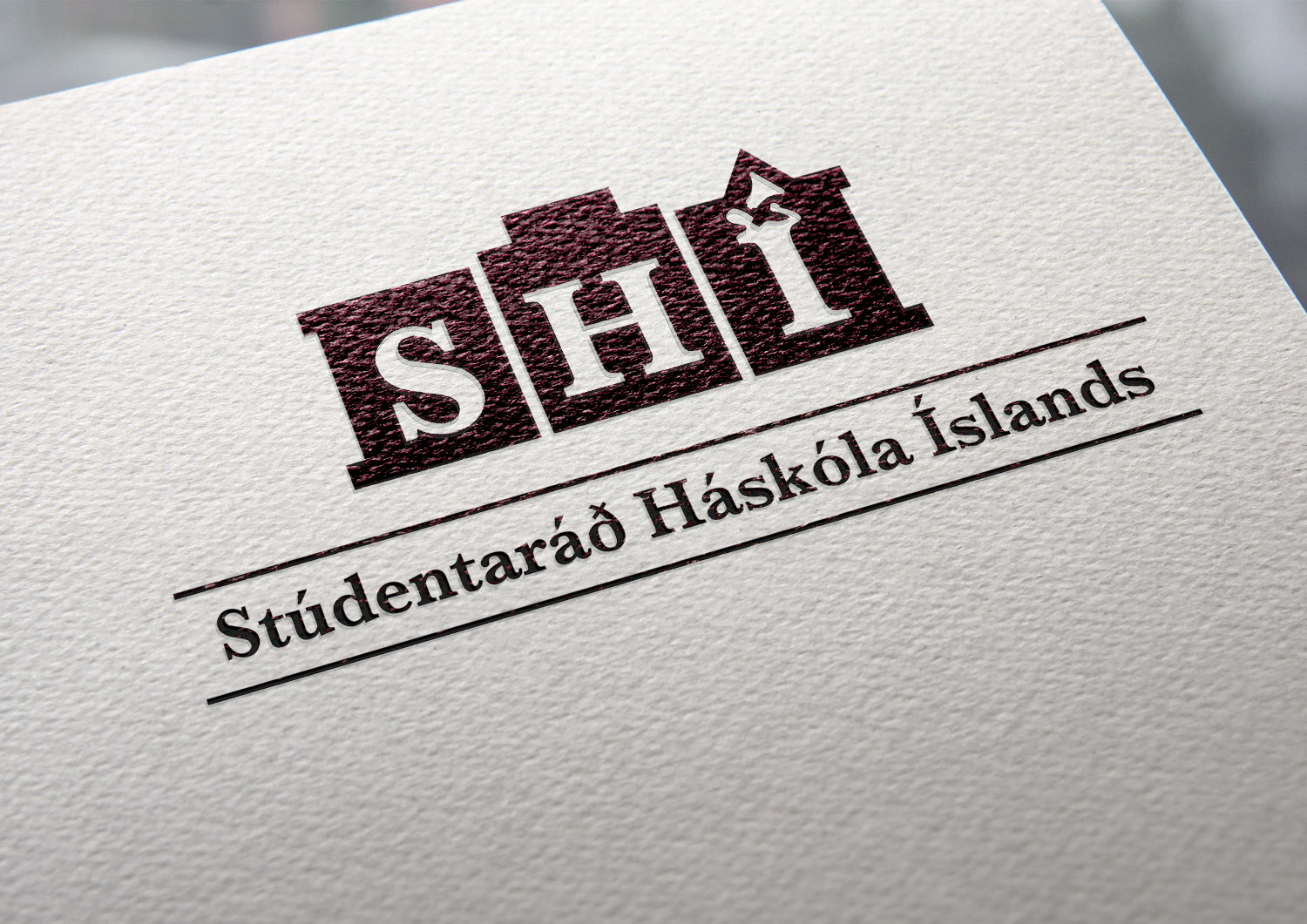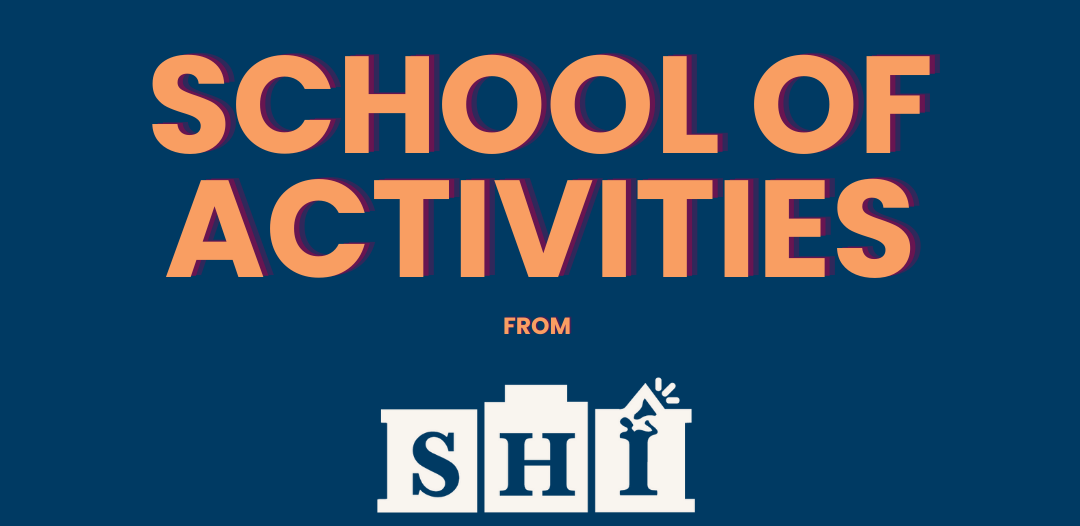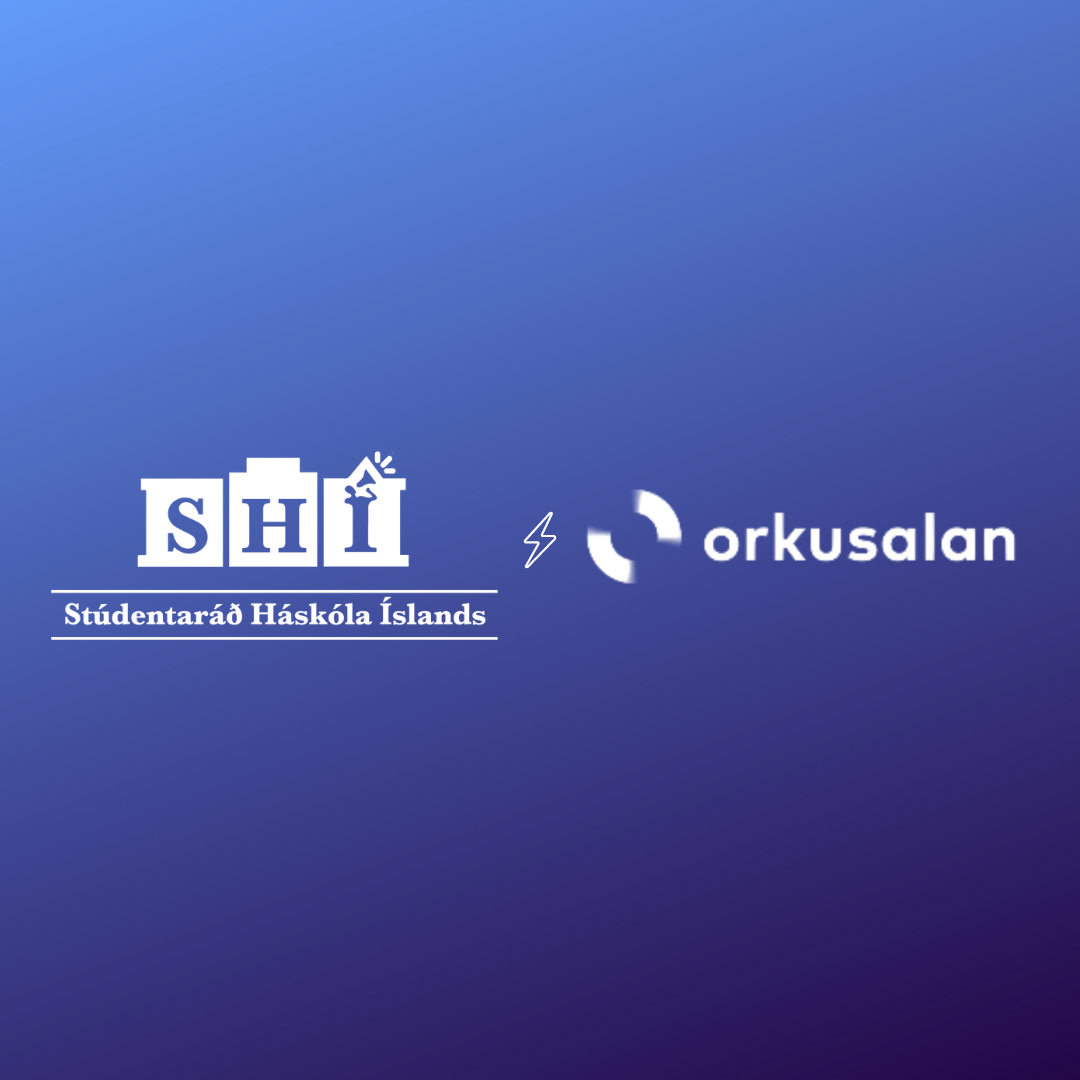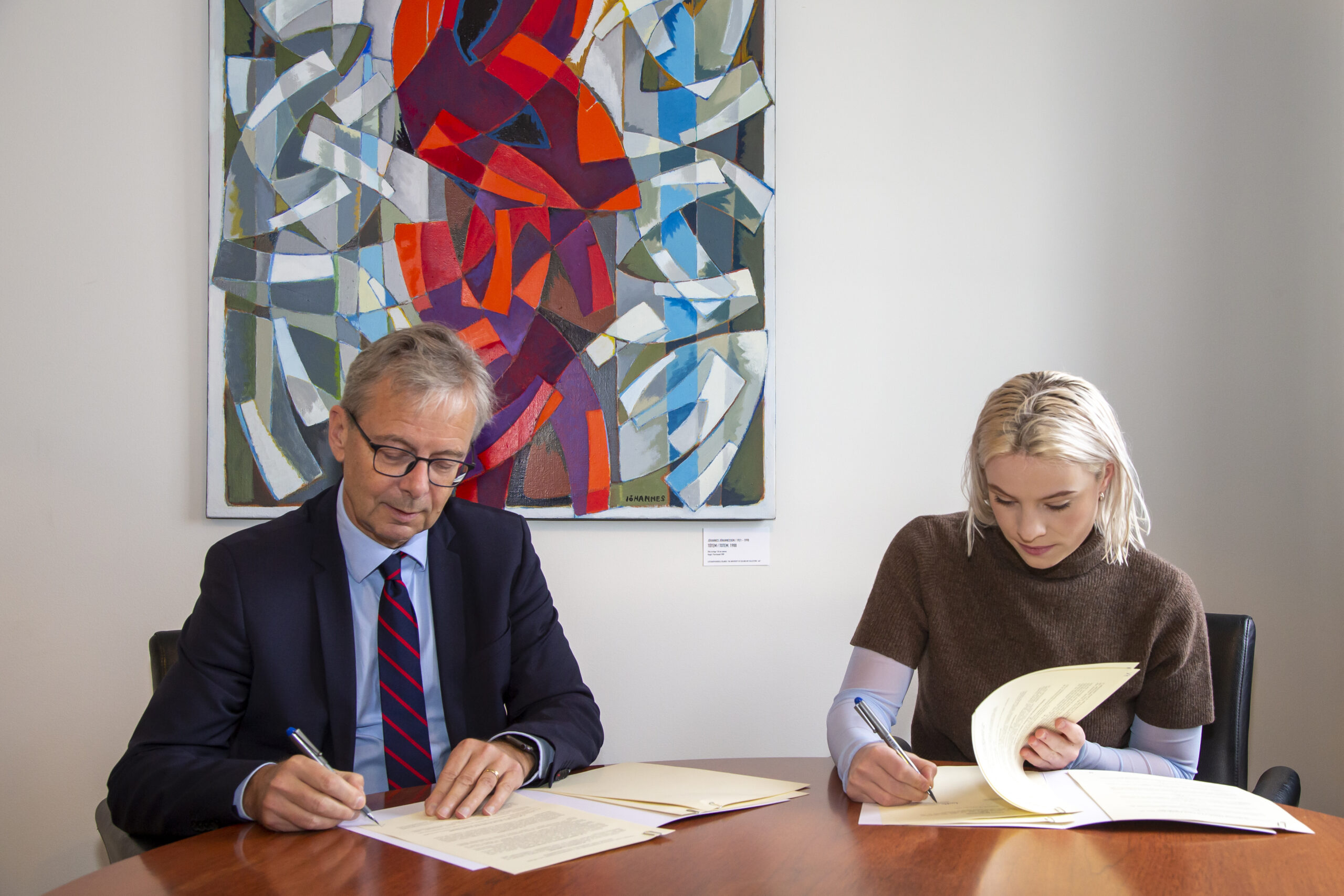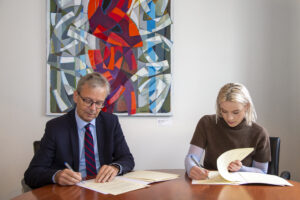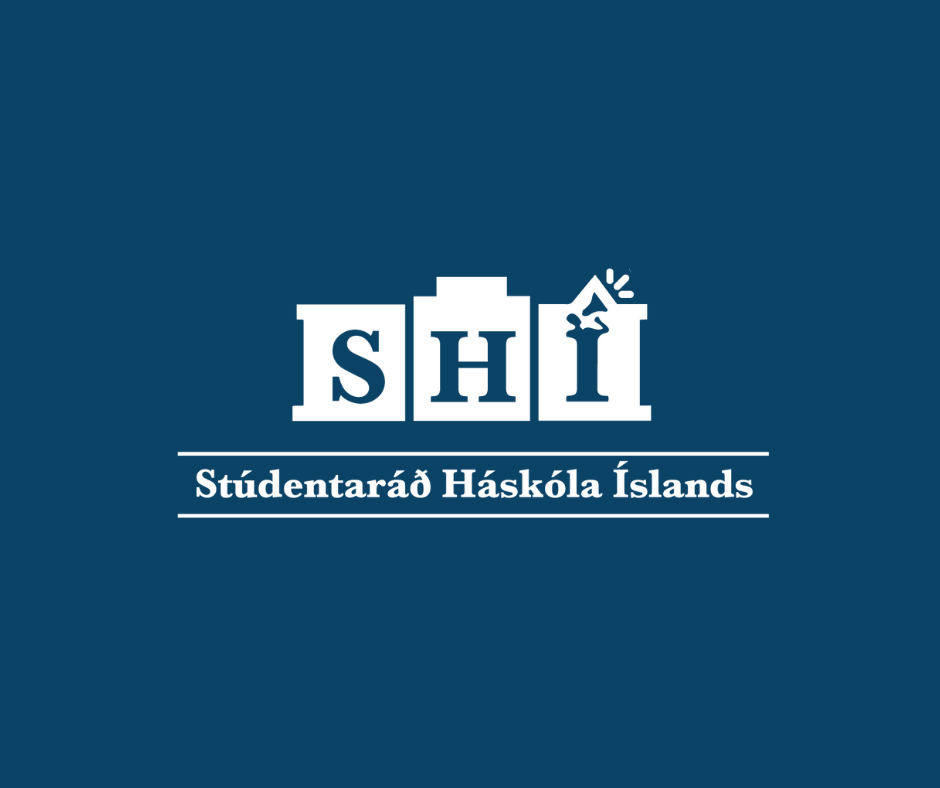The Student Council committees are looking for their fifth member. These are the Amendments Committee, the International Affairs Committee, the Culture and Social Affairs Committee, the Equal Rights Committee, the Family Affairs Committee, the Finance and Career Committee and the Transportation and Environmental Affairs Committee.
The application must include a brief introduction to yourself and previous experience that could be useful in the committee, what you are studying, and why you consider yourself to belong to the committee. Applications must be sent to the e-mail address shi@hi.is. The application deadline is October 1st.
Below you can see an overview of the committees’ activities
The Culture and Social Affairs Committee
The Culture and Social Affairs Committee tasks are diverse since it is responsible for organizing and managing various events within the University of Iceland. The committee puts a lot of effort into making fellow students happy, content, and pushes for good morale and cohesion of UI students.
The application deadline is October 1st.
The Equal Rights Committee
The committee safeguards matters at the Uni. of Iceland that are related to equality and it is unafraid to support students that face prejudice, harassment and discrimination. Together the committee puts pressure on that the Uni. of Iceland’s Equality Action Plan is followed and encourages the university to do better where there it is needed.
The application deadline is October 1st.
The Finance and Career Committee
The Finance and Career Committee‘s main concerns are the employment of students and students‘ financial matters. The committee aims to create a relationship between students and the industry.
The application deadline is October 1st.
The Law Amendments Committee
The Law Amendments Committee revaluates and redrafts bills that student council members have presented to make sure they are in correspondence with the reevaluated laws.
The application deadline is October 1st.
The International Affairs Committee
The International Committee deals with cases concerning the interests of international students at the University of Iceland and the cases of Icelandic students abroad. It also manages a mentor project that gives Icelandic students and exchange students the opportunity to get to know each other. The committee works in collaboration with the International Office at the University of Iceland.
The application deadline is October 1st.
The Family Affairs Committee
The Family Affairs Committee main concerns are to work in the general interest and rights of students with families in the University of Iceland and the committee’s goal is to best support students who have children so that they can take care of both their education and family life. The committee organizes numerous family-friendly events, such as lectures and the Student Council of University of Iceland’s Family Day, to name a few.
The application deadline is October 1st.
Transportation and Environmental Affairs Committee
The Family Affairs Committee main concerns are to work in the general interest and rights of students with families in the University of Iceland and the committee’s goal is to best support students who have children so that they can take care of both their education and family life. The committee organizes numerous family-friendly events, such as lectures and the Student Council of University of Iceland’s Family Day, to name a few.
The application deadline is October 1st.
